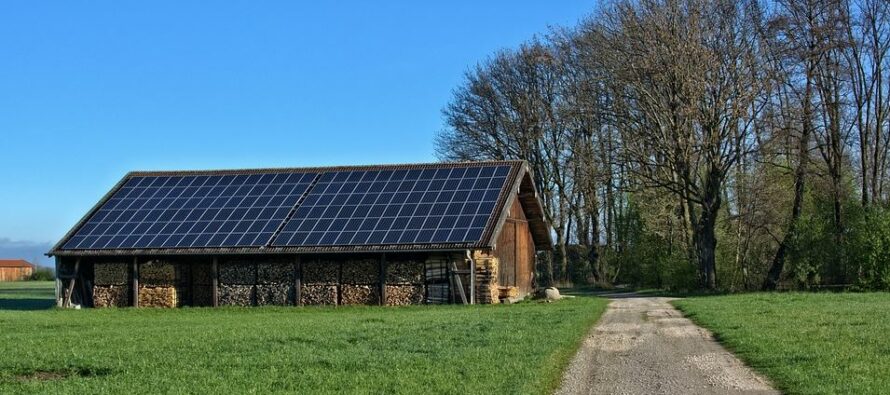Using Solar For Survival: 5 Considerations for Living off the Grid

To many people, life without the power grid is an unfathomable and scary prospect. Survivalists have a different mindset; they understand that the power grid is a fragile and convenient luxury, and they do not take it for granted. If you’re among the group with the survivalist mindset, you’re likely concerned about what could happen if the grid goes down in your area for more than just a few hours at a time.
Whether you want to go totally off grid now or simply prepare to enable an off-grid lifestyle if it ever becomes necessary in the future, there are 5 important areas you’ll need to consider.
1. Off-Grid Power Sources
Unless you want to live without any conveniences whatsoever, you’ll want to consider your options for off-grid power sources.
- Solar Power. Solar power is one of your top choices for a power source that would enable you to continue living comfortably without being hooked up to the power grid. If you want to go this route, the easiest approach is to acquire a kit that gives you the basic components you’ll need: solar panels, a controller, connectors and wire.
A kit with flexible solar panels from a site like ML Solar is an outstanding option to consider. You’ll also need batteries that are compatible with the type of electronics or gadgets you’ll be using them to power in the event of a grid-down emergency. If you aren’t planning to permanently live off-grid, flexible solar panels like the ones provided in that kit are a wise purchase. They are easy to store and move around. They are also easier to use than their heavy, bulky, rigid counterparts.
- Wind Power. Wind generators can create surprising amounts of power given the right circumstances. They’re worth considering if your area gets enough wind to make it worthwhile.
- Generator and Stored Fuel. If you’re planning for short-term off-grid emergencies, a generator and fuel are purchases worth considering. If you take this approach, you’ll also want to give some thought to how you’d handle a long-term emergency and what to do if and when your fuel runs out.
2. Off-Grid Water Supplies
Water is one of your most essential needs. If you’re reliant on a municipal water source, it’s important to plan for what would happen if it were to suddenly become inaccessible. Digging a well on your property is one possible solution. It’s also important to determine how you will access the water from the well in the event of a grid-down emergency. If your pump is powered by electricity, you’ll obviously need an off-grid alternative in the event that electrical power becomes unavailable.
3. Off-Grid Food Preparation and Preservation
In a grid-down emergency, you’ll need some sort of alternative to your microwave oven and electric stove. You can build a fire, but with what? When you cook over the fire, which cookware and utensils will you use? If you don’t have a lighter or any waterproof matches in the house, you have some thinking to do regarding how exactly you would get your fire started. Generally, it’s best to plant a garden for yourself at the very least.
4. Off-Grid Sanitation and Personal Hygiene
Successfully tackling issue #2, your water supplies, is a large part of achieving success with off-grid sanitation issues. However, water isn’t the only consideration. You’ll also need to figure out how to dispose of human waste in a way that won’t make your family or neighbors sick. For short-term emergencies, you can find toilet waste bags that are EPA approved.
5. Off-Grid Emergency Medical Training and Supplies
Any good emergency preparedness plan includes strategies for tackling medical emergencies. While having a first aid kit on hand is a good start, it shouldn’t be your only strategy. It’s advisable to also get some training on what to do to keep your family safe and healthy in emergency situations. While it’s impossible to completely prepare for any possible emergency situation, giving thought to these 5 considerations will at least give you a head start at emergency preparedness. It will also help to prepare you for longer-term off-grid living in the event the power grid goes down for more than just a few hours.
Visit: EZ Battery Reconditioning To Learn More here: http://www.survivalistdaily.com/ezbatteryreconditioning







I totally agree. If I had it to do over, I would have bought the flexible solar panels. It took me a while and some imagination to build a frame for my panels. Great information.